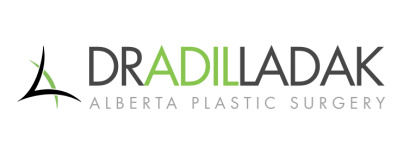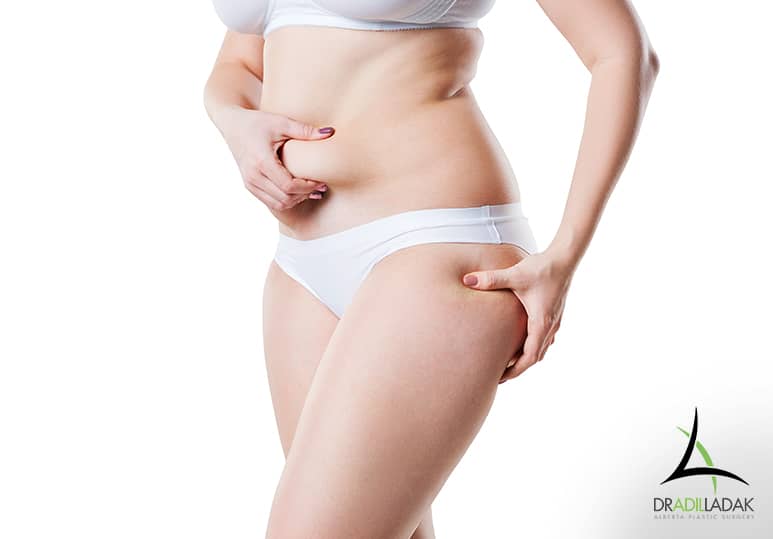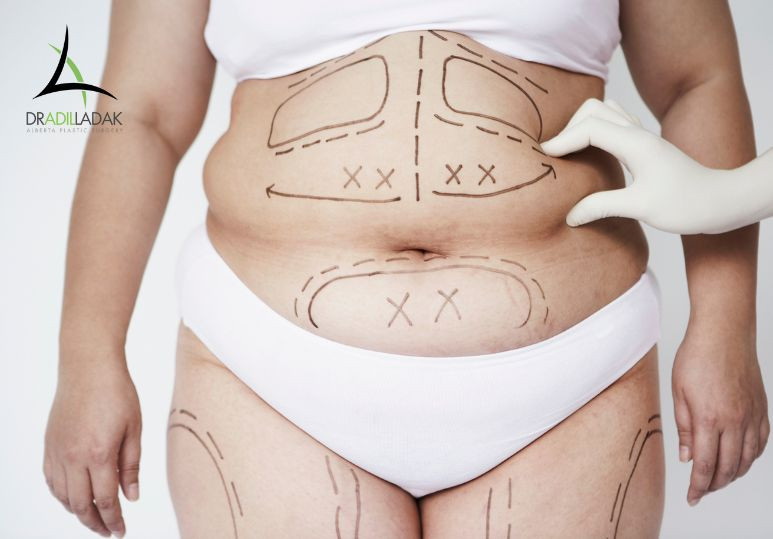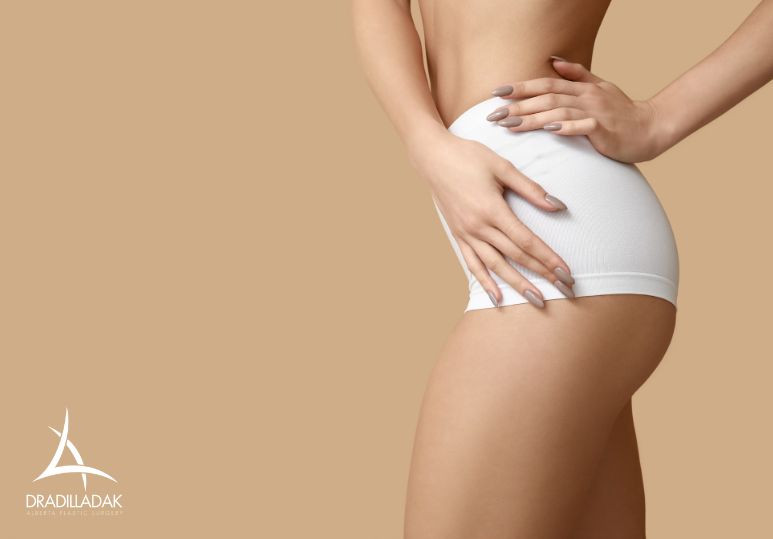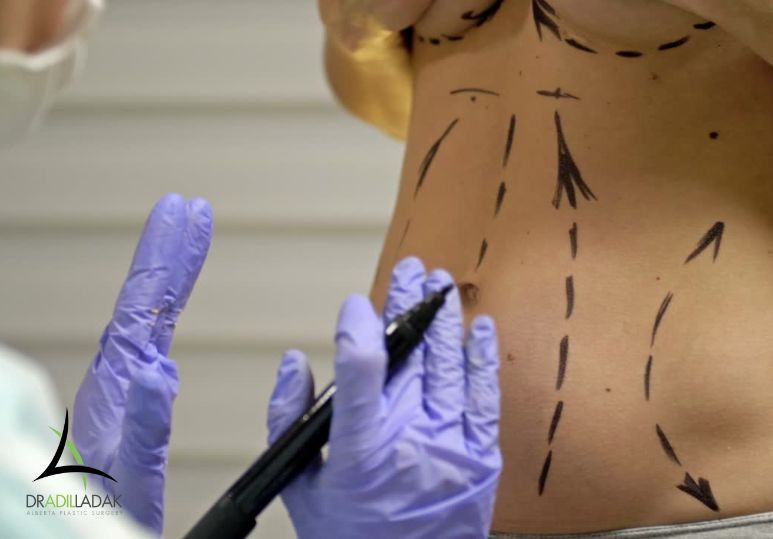Be Prepared Leading Up To Treatment Day
Pre-Liposuction DOs
Do get plenty of rest: Lack of sleep or poor quality sleep before surgery may be related to higher levels of pain post-surgery.
Eat well: Fuel your body with a healthy, balanced diet for best post-operative outcomes. And because you will need to fast prior to surgery and may not regain your appetite right away after liposuction, good nutrition will give you the nutrient stores you need for optimal healing.
Stock Up: Make sure you have everything you will need for the recovery period after your liposuction procedure because you will likely be homebound for several days. Easy to prepare, low sodium snacks and foods will help to avoid swelling and fluid retention. Loose, soft, non-restrictive clothing is essential post-surgery. Stool softeners can counteract constipation that can be caused by anaesthetic and pain medications. Assemble books, magazines, movies, and music within easy reach to keep busy while recovering.
Pre-Liposuction DON’Ts
Don’t Shave: Shaving the treatment area prior to surgery may increase your risk of infection.
Don’t Smoke: Stop smoking at least one week prior to liposuction. Smoking increases your risk of complications during anaesthesia and increases your risk of post-surgical complications too. Smoking may also prolong your recovery period. It is likely your plastic surgeon will require you to avoid smoking for at least one week after your procedure.
Don’t Drink: The use of alcohol should be avoided for at least one week leading up to your liposuction treatment. Alcohol can thin your blood, which will increase bruising and slow healing.
Don’t Take Your Vitamins: Certain vitamins and herbal supplements such as ginseng, and St. John’s wort can interfere with some of the medicines contained in anaesthesia and make it more difficult to recover. Some vitamins and supplements can also negatively impact your blood pressure. Discuss all vitamins and supplements you regularly use with your plastic surgeon prior to liposuction and follow their advice.
Don’t Take Aspirin: Aspirin and Ibuprofen can inhibit natural blood clotting. You should avoid these and opt for acetaminophen (Tylenol) for pain at least one week before and one week after surgery.
On the eve of your surgery, have a nourishing dinner and hydrate well; you will not be allowed to take food (including gum or candy) or water from midnight until after your liposuction procedure. Shower and wash your hair; it will be a few days until you can bathe again. And try to get a good night’s rest.
Outstanding Liposuction Outcomes At Alberta Plastic Surgery
Follow the tips above to ensure you feel prepared physically and mentally before your liposuction surgery. These considerations along with the recommendations of your plastic surgeon that are tailored just for you are invaluable resources for healing well and achieving optimal outcomes after liposuction. With some very simple preparation, you will be ready for a quick and easy recovery and your journey to a smoother, sculpted physique will be as safe as possible.
If you are considering liposuction, a mommy makeover, or any other body contouring procedures to help you look and feel your best, the team at Alberta Plastic Surgery can guide you in exploring your options and help you prepare for and recover well after plastic surgery. Book your complimentary consultation today.
Dr. Adil Ladak is a board-certified and top surgeon in Edmonton, Alberta, and is highly skilled in cosmetic plastic surgery and other non-surgical rejuvenating cosmetic procedures. Dr. Ladak is a fully qualified Fellow of the Royal Canadian College of Physicians and Surgeons and his team is committed to providing patients with the facts and education to make the most informed decisions about their appearance and health. To explore all of your options to help you feel and look your best, visit Alberta Plastic Surgery in Edmonton by booking your complimentary consultation. Call us at 1-780-407-6691 or fill out the form below.
FAQ
Q: How long does it take to recover after liposuction?
A: Most people feel well enough to return to work and regular activities 5-7 days after liposuction. Your plastic surgeon may advise you to avoid exercise and strenuous activities for about 4-6 weeks. By 3 months after surgery, most swelling should have subsided and you should be able to see the final results of your liposuction treatment. If you are considering liposuction or any other body contouring procedure, book a complimentary consultation with Dr. Ladak to discuss your options and the outcomes you hope to achieve from surgery.
Q: Does liposuction treatment require a general anaesthetic?
A: In the majority of cases, liposuction is best performed under general anaesthetic.
Q: Does liposuction remove cellulite?
A: No. Cellulite is a skin condition that causes lumpy, dimpled flesh most commonly in the thighs, hips, and buttocks. Liposuction does not remove cellulite, but liposuction treatment can be combined with other laser and ultrasound treatments to improve the appearance of the skin.
